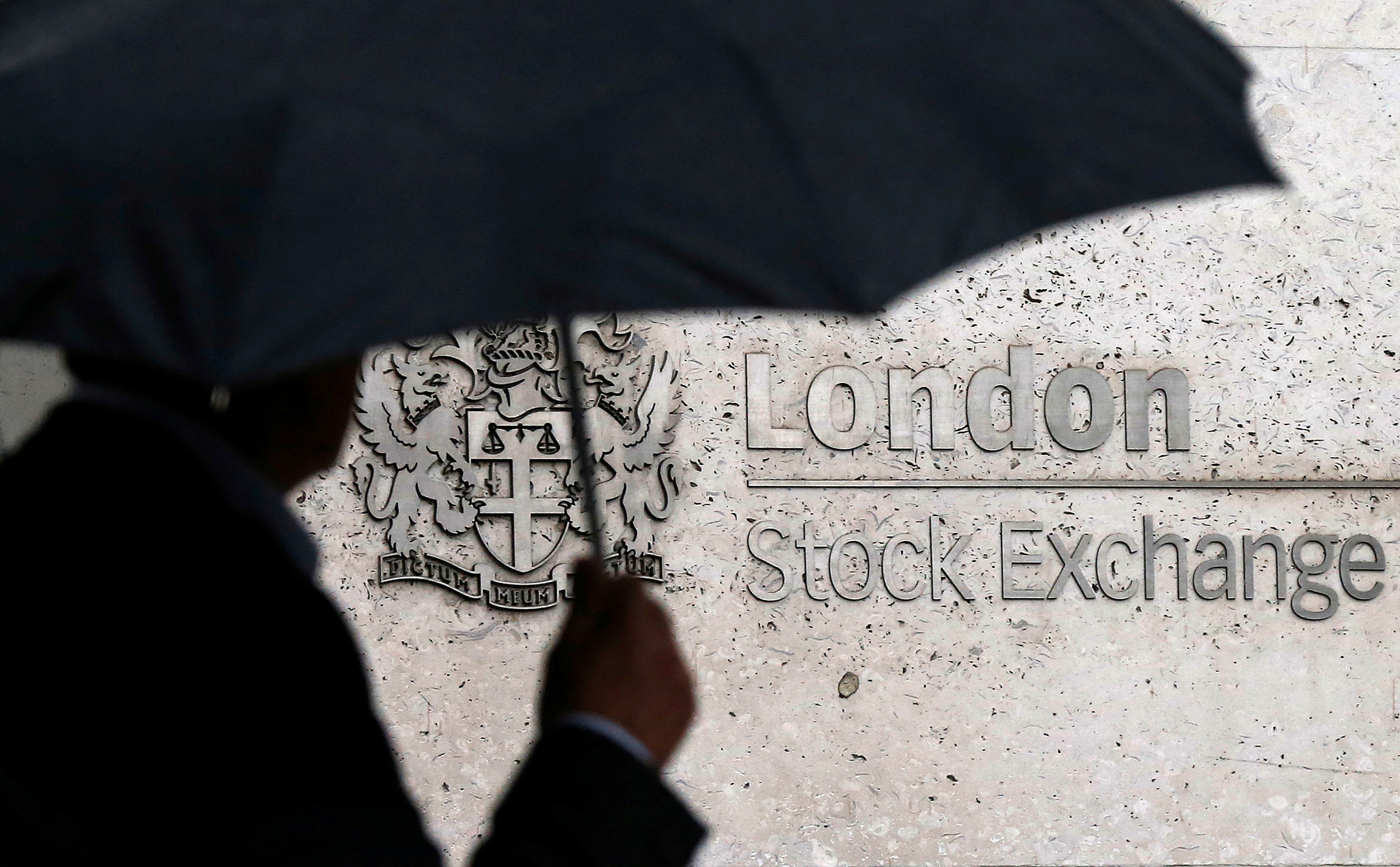Global shares headed for their first monthly loss in six months on Tuesday ahead of a slew of economic data, earnings and the U.S. Federal Reserve's policy meeting, while the yen weakened a day after suspected intervention lifted it from 34-year lows. The MSCI All-World index (.MIWD00000PUS), opens new tab was last up 0.1% on the day, driven by gains in Europe and carrying some of the positive momentum from a rally on Wall Street the day before. But the index is heading for a loss of 2.2% in April, its worst monthly performance since October.
In Europe, investors digested earnings from some of the region's biggest companies, including lenders HSBC (HSBA.L), opens new tab, whose chief executive announced his surprise retirement and Santander (SAN.MC), opens new tab, as well as consumer heavyweights, such as Adidas (ADSGn.DE), opens new tab and airlines, like Lufthansa (LHAG.DE), opens new tab. In terms of earnings, Apple (AAPL.O), opens new tab will be in the spotlight when it reports first-quarter earnings after the closing bell.
Results have been vying with macroeconomic data for the position of biggest catalyst for the broader market and this week brings the all-important U.S. employment report, as well as the outcome of the Fed's two-day policy meeting on Wednesday. Right now, the Japanese yen is in stark focus after surging suddenly on Monday from a fresh 34-year low of 160.245, with traders citing yen-buying intervention by authorities.
U.S. stocks finished higher on Monday with sharp gains for Tesla and Apple leading the way, as investors awaited the Federal Reserve's policy meeting later this week and its outlook for interest rates.
Markets had been anticipating that Japan might intervene to prop up the yen after the currency fell more than 10% against the dollar this year. On Tuesday, the yen was back under pressure, leaving the dollar up 0.35% at 156.87 per dollar. Japan's top currency diplomat Masato Kanda said on Tuesday authorities were ready to deal with foreign exchange matters around the clock, while declining again to comment on whether the finance ministry had intervened a day earlier.
"We are ready 24 hours, so whether it's London, New York or Wellington (hours), it doesn't make a difference," the vice finance minister for international affairs told reporters.
Vasu Menon, managing director of investment strategy at OCBC, said intervention alone cannot narrow the gap in interest rates that is largely driving the yen's decline.
The yen has been under pressure as U.S. interest rates have climbed and Japan's have stayed near zero, funnelling cash out of the yen and into higher-yielding assets.
A lot now hinges on the outcome of the Fed policy meeting this week," said Menon. Investors have continually had to dial back expectations for the timing and magnitude of U.S. rate cuts this year after hotter-than-expected inflation reports, with markets pricing in a 57% chance of a rate cut in September, CME FedWatch Tool showed.
Either you believe that inflation fundamentals advocate for a structural rebound in inflation, or more, Q1 was a set-back and things are going get back into landing mode," Lombard Odier economist Samy Chaar said, adding that this second scenario was his base case right now. "Inflation will be judge and jury of what the Fed does."
Traders are now pricing in 35 basis points of cuts in 2024, drastically below the 150 bps of cuts priced in at the start of the year. The shifting expectations on U.S. rates have lifted Treasury yields and the dollar, dominating the currency market. Against a basket of currencies, the dollar was up 0.2% at 105.9. The index has risen over 1% in April and over 4% this year. Meanwhile, futures on the S&P 500 and Nasdaq were down 0.1%, suggesting a touch of weakness at the open later.
Overnight, U.S. stocks ended higher, led by sharp gains in Tesla (TSLA.O), opens new tab shares after the electric vehicle maker made progress in securing regulatory approval to launch its advanced driver-assistance program in China.
Oil prices were mostly steady. U.S. crude futures were flat at $82.73 a barrel, as was Brent crude at $88.41. Spot gold was last down 0.9% at $2,314 an ounce.










